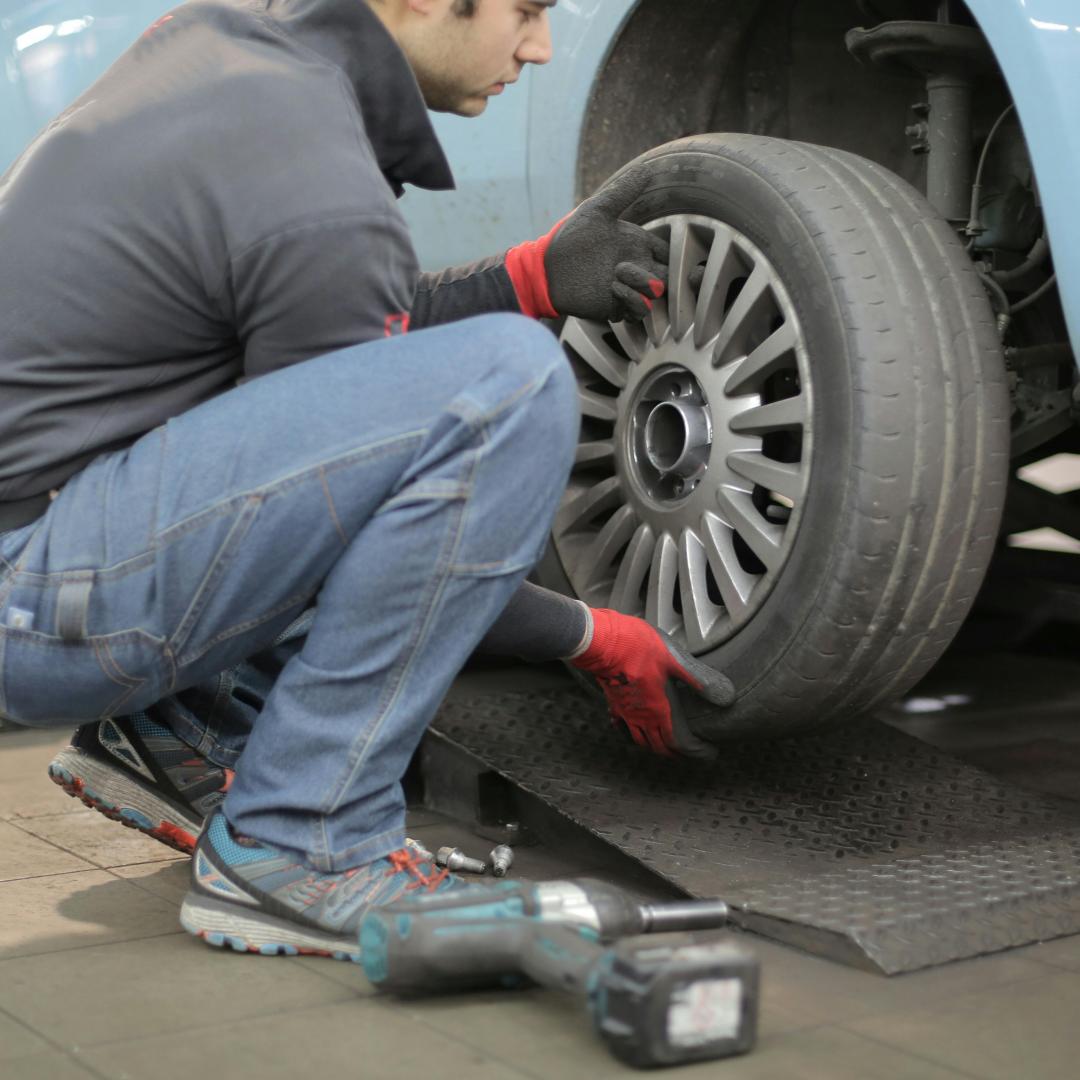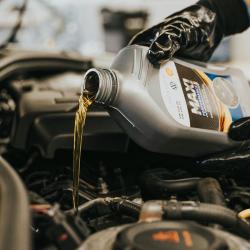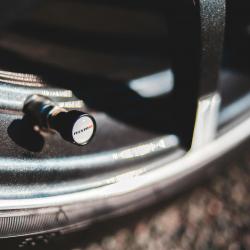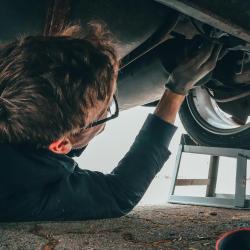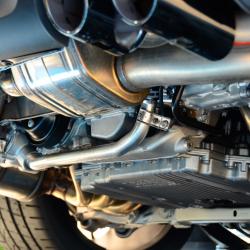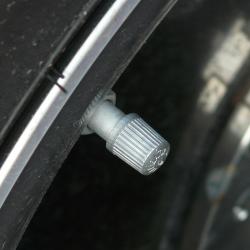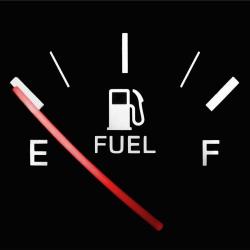The Importance of Regular Tire Maintenance and How to Do It
Driving is a part of daily life for many of us. Whether it's commuting to work, running errands, or heading out for a road trip, our vehicles are essential. However, amidst the hustle and bustle, one critical aspect often overlooked is tire maintenance. Proper tire care is crucial not only for extending the lifespan of your tires but also for ensuring safety, improving fuel efficiency, and optimizing vehicle performance.
The Importance of Regular Tire Maintenance
1. Safety on the Road
Tires are the only point of contact between your vehicle and the road. Properly maintained tires ensure optimal traction, handling, and braking performance. Neglecting tire care can lead to uneven tire wear, which in turn can cause blowouts, skidding, or even accidents. Regular maintenance reduces the risk of these incidents, helping you keep control of your vehicle in various driving conditions.
2. Improved Fuel Efficiency
Correctly inflated tires help reduce rolling resistance. This means your engine doesn't have to work as hard to move the vehicle, leading to better fuel efficiency. On the other hand, underinflated tires increase rolling resistance, causing your vehicle to consume more fuel. By maintaining proper tire pressure, you can save money at the pump and reduce your carbon footprint.
3. Prolonged Tire Lifespan
Tires are an investment, and like any investment, you want them to last as long as possible. Regular maintenance tasks such as rotation, balancing, and alignment help ensure even tire wear. This not only extends the lifespan of your tires but also means you're getting the best value for your money.
4. Enhanced Driving Performance
Well-maintained tires provide better stability and handling, enhancing overall driving performance. Whether you’re navigating sharp turns or driving on wet surfaces, properly maintained tires respond better, providing a smoother and safer ride.
How to Maintain Your Tires
1. Regularly Check Tire Pressure
It's essential to check your tire pressure at least once a month, and always before long trips. Use a reliable tire pressure gauge to ensure that your tires are inflated to the manufacturer's recommended levels, which can be found in your vehicle's manual or on the driver's side door jamb. Remember to check the pressure when the tires are cold for the most accurate reading.
2. Inspect Tires for Wear and Damage
Frequent visual inspections can help you catch issues early. Look for uneven tread wear, which can indicate alignment or suspension issues. Also, check for any visible damage such as cuts, punctures, or sidewall bulges. Catching these problems early can prevent further damage or accidents.
3. Rotate Your Tires
Tire rotation promotes even wear, which is crucial for extending the life of your tires. Generally, it's recommended to rotate your tires every 5,000 to 8,000 miles, but you should refer to your vehicle’s owner manual for specific guidance.
4. Ensure Proper Alignment and Balancing
Misalignment can cause uneven tire wear and handling issues, while unbalanced tires can lead to vibrations and excessive wear. Both alignment and balancing should be checked at least once a year or whenever you notice signs of uneven wear or vibration.
5. Check Tread Depth
Adequate tread depth is vital for traction, especially in wet or icy conditions. Use a tread depth gauge or the penny test (insert a penny into the tread with Lincoln’s head upside down; if you can see all of Lincoln’s head, it’s time to replace the tires).
In conclusion, regular tire maintenance is a simple but essential aspect of vehicle care. By taking the time to check and maintain your tires, you not only enhance safety and performance but also save money in the long run. Make tire maintenance a regular part of your vehicle care routine, and you'll enjoy a smoother, safer, and more efficient driving experience.
